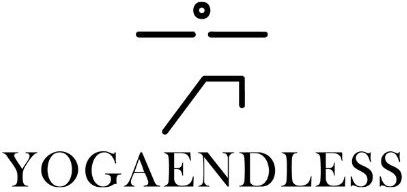Introduction
In our modern, hectic lives, finding inner peace can seem impossible. Yoga, an ancient practice, offers a path to serenity by combining mindful movement, breath control, and meditation. This comprehensive guide explores the integration of breath and movement to foster inner calm, improved flexibility, strength, and mental clarity.
The Science Behind Breath and Movement
Breathing in sync with movement—vinyasa—enhances the mind-body connection. Research shows it lowers stress hormones, improves circulation, supports cardiovascular health, and enhances emotional stability. Breath-focused yoga increases oxygen intake, calms the nervous system, and promotes mindfulness, turning physical activity into a meditation in motion.
Trimester-Wise Yoga Practices
First Trimester
- Focus: Gentle stretches, awareness of breath
- Recommended Poses: Cat-Cow, Seated Forward Bend, Child’s Pose
- Avoid: Deep twists, abdominal compressions
- Breathing: Deep diaphragmatic breaths to calm anxiety
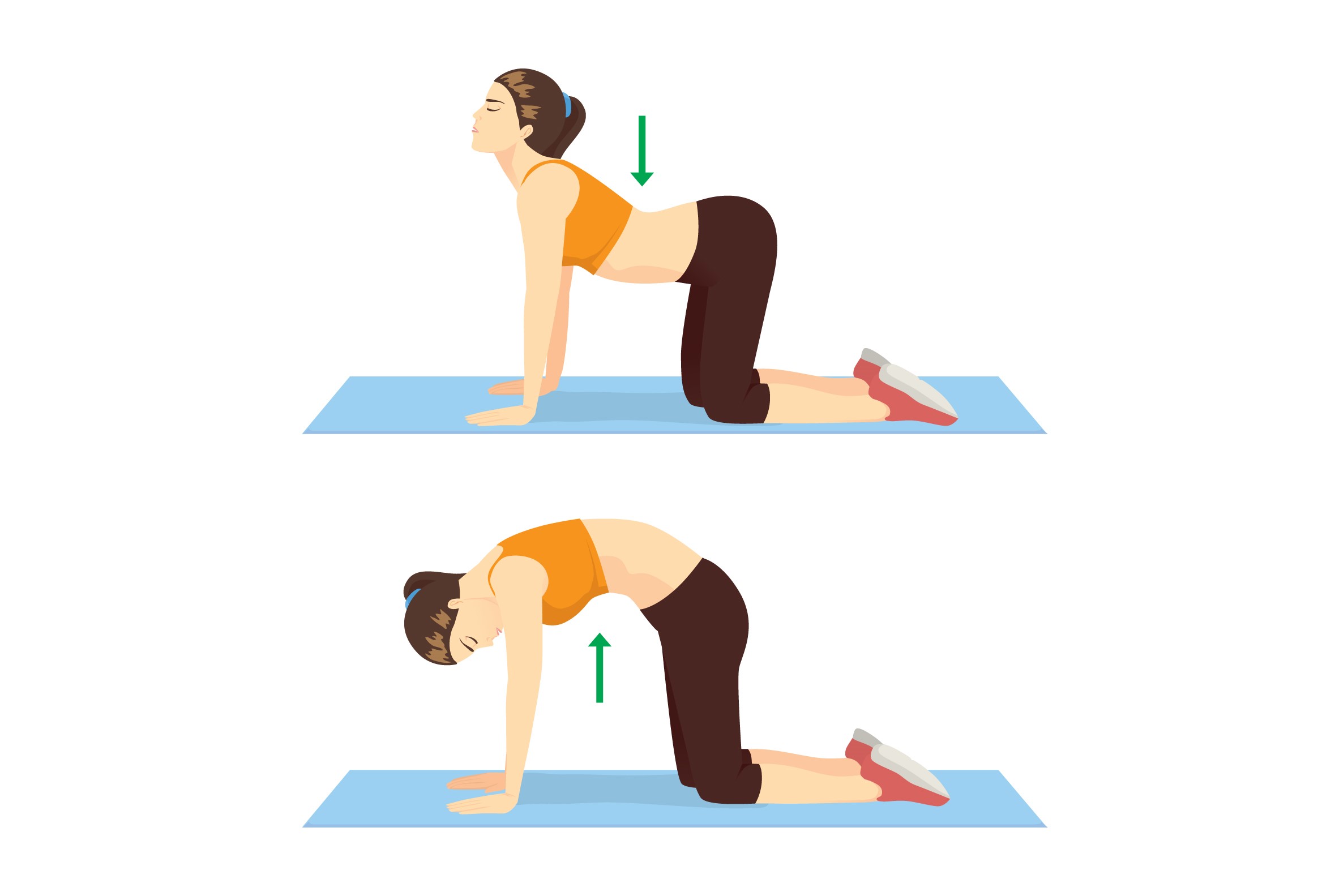
Cat-Cow Pose: Mobilizes the spine, improves flexibility, and relieves tension.
Second Trimester
- Focus: Strength, stability, posture
- Recommended Poses: Warrior II, Squats, Supported Bridge Pose
- Avoid: Lying flat on the back for prolonged periods
- Breathing: Ujjayi breath for energy and focus
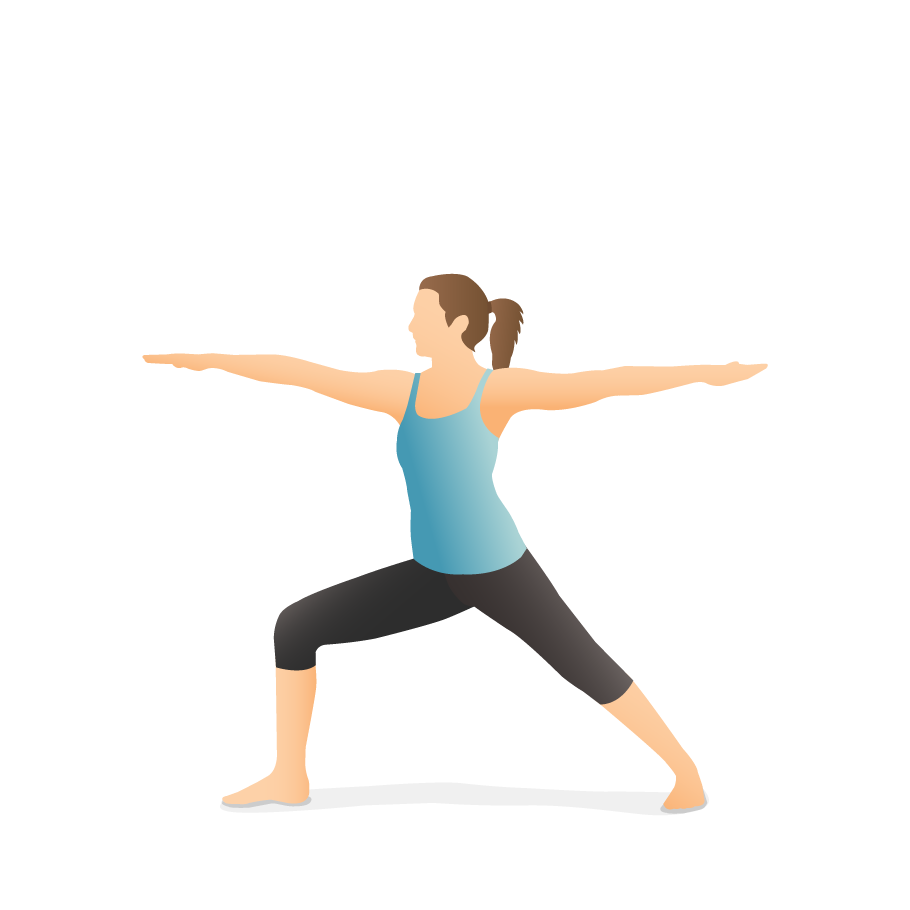
Warrior II Pose: Builds stamina, strengthens legs, and enhances focus.
Third Trimester
- Focus: Comfort, preparing for labor
- Recommended Poses: Side-lying poses, Pelvic Tilts, Supported Squat
- Avoid: Inversions, deep backbends
- Breathing: Slow, controlled breaths to manage discomfort
Beneficial Yoga Poses

Child’s Pose: Calms the mind, gently stretches the back, and relieves tension.

Seated Side Bend: Stretches the sides of the torso, improves spinal flexibility, and reduces stress.

Seated Spinal Twist: Enhances spinal mobility, stimulates digestion, and detoxifies the body.
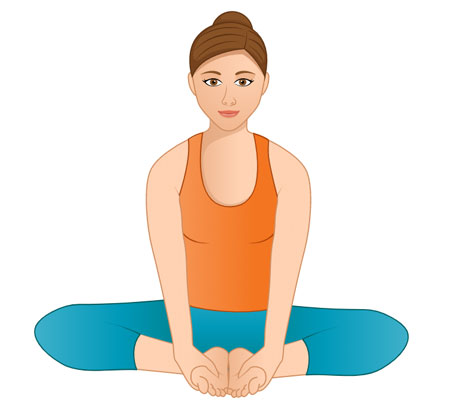
Bound Angle Pose: Opens hips, improves posture, and promotes relaxation.
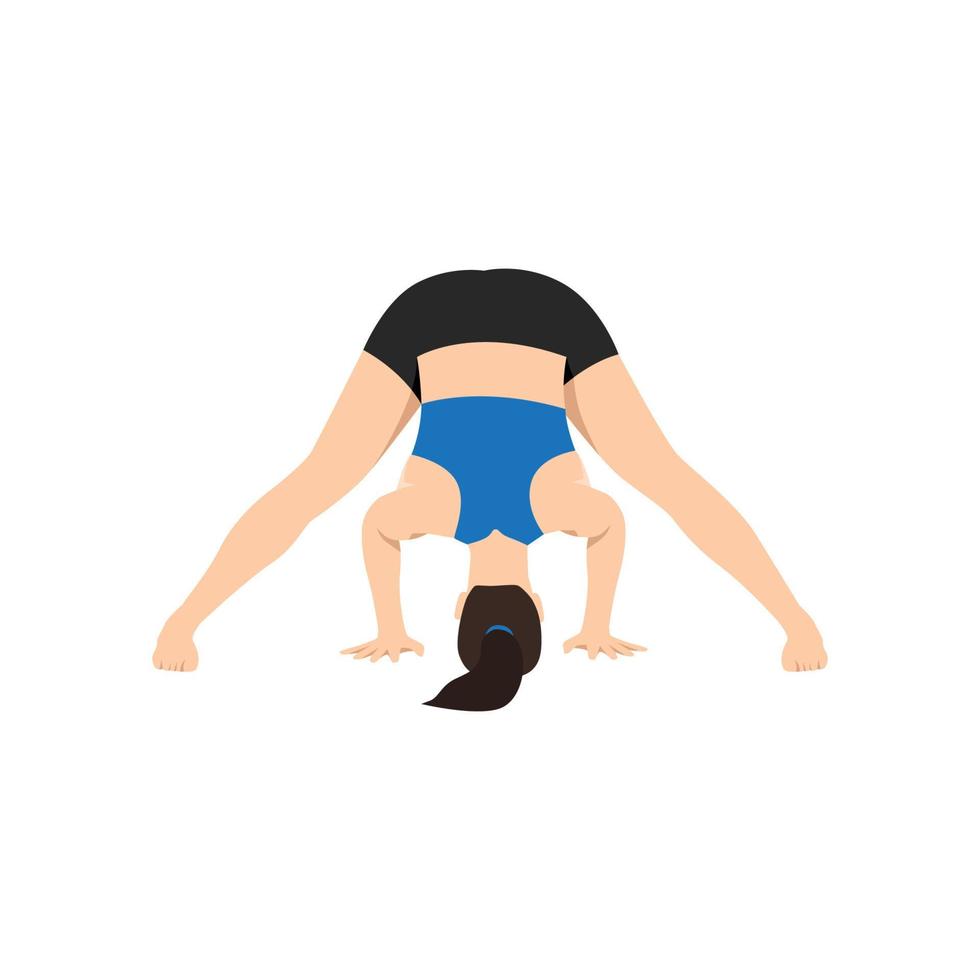
Wide-Legged Forward Bend: Reduces anxiety, enhances circulation, and stretches hamstrings.
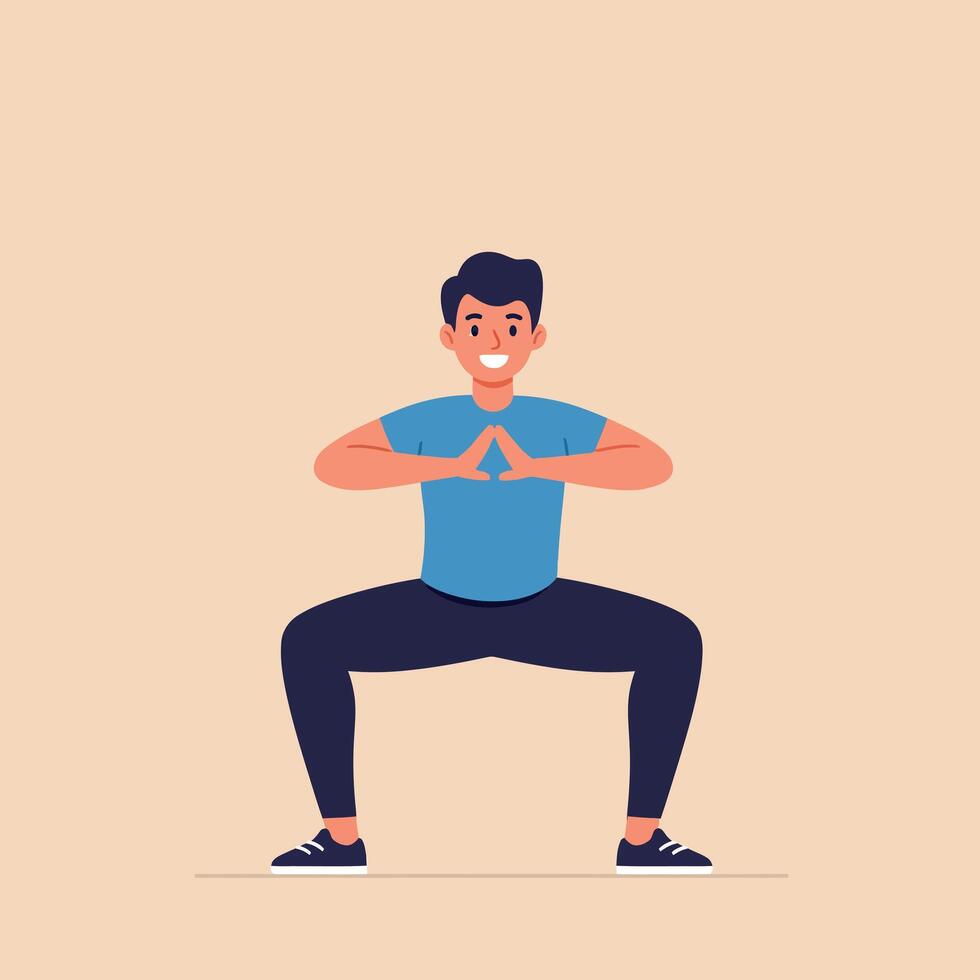
Squat Pose: Strengthens lower body, improves balance, and opens hips.

Corpse Pose: Deep relaxation, stress relief, and mental clarity.
Breathing Techniques for Inner Peace
Pranayama, or controlled breathing, is central to yoga. Popular techniques include:
- Nadi Shodhana (Alternate Nostril Breath): Balances energy channels, reduces anxiety, improves focus.
- Ujjayi Breath: Creates a meditative rhythm, enhances concentration, and warms the body.
- Bhramari (Bee Breath): Soothes the nervous system, reduces stress, and promotes emotional balance.
Try an Affirmation:
Mental Health Benefits of Yoga
Yoga alleviates anxiety, depression, and mood disorders by integrating mindful movement, breathwork, and meditation. Studies show consistent practice enhances emotional regulation, resilience, sleep quality, and overall mental clarity.
Nutritional Support
Eat a balanced diet with fruits, vegetables, lean proteins, and whole grains. Hydrate well. Include omega-3 fatty acids, antioxidants, and B vitamins to support mental health and energy levels for yoga practice.
Safety Tips
- Consult your healthcare provider before starting, especially if pregnant or with medical conditions.
- Use props such as blocks and straps for support.
- Practice on a non-slip mat.
- Never force stretches or hold poses in discomfort.
Mindful Reminders
- Consistency is more important than intensity.
- Focus on your breath in every movement.
- Set intentions before your practice.
- Practice gratitude for your body and progress.
